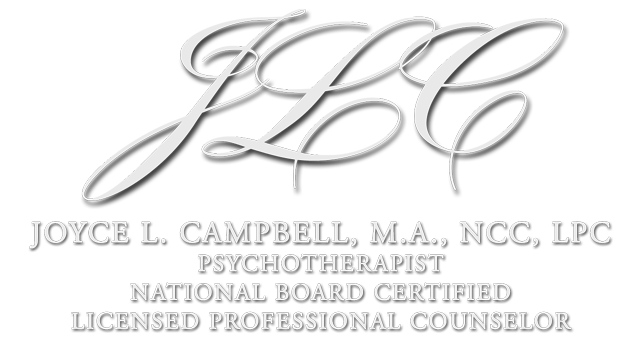Abuse of Adults
Abuse is defined as any action that intentionally harms or injures another person.
Let’s take a look at adult emotional abuse also known as verbal and/or psychological abuse. Emotional abuse is a pattern of actions meant to humiliate, insult, shame, and create fear in an individual in order to control and manipulate them. Growing weary and worn down, distorted thinking can affect the person’s reality, causing them to believe the abuse is their fault. At the extreme, they may actually believe they deserve the abusive treatment.
This pattern can occur in parental relationships, with children, with the elderly, in romantic relationships, in work settings, and even in so-called friendships. Resultant short-term problems include lowered self-worth/confidence, confusion, inability to concentrate, fear, racing heart, nightmares, and even bodily aches. Insomnia, anxiety, depression, PTSD, alcohol, and drug abuse are some of the potential long-term issues resulting from emotional abuse. In fact, this type of abuse is a stronger predictor of suicidal attempts later in life than physical abuse.
Experts in this field have listed the following warning signs of emotional abuse for adults:
- Monitoring and controlling your behavior, such as who you spend time with or how you spend money
- Threatening your safety (verbally or with intimidating looks/gestures), your property (destroying possessions), or threatening the safety of loved ones
- Isolating you from family, friends, and acquaintances by limiting the use of a car, phone, or internet
- Demeaning, shaming, or humiliating you
- Extreme jealousy, accusations, and paranoia involving you
- Delivering constant criticism against you
- Regular ridicule or teasing centered on you
- Making acceptance of care conditional on your choices
- Refusing to allow you to spend time alone, stalking you
- Thwarting your professional or personal goals
- Instilling self-doubt and worthlessness in you
- Gaslighting: making you question your competence and even your basic perceptual experiences
- Using children by threatening to take custody of the children or harm them, telling the children lies about their partner, condemning their parenting skills
